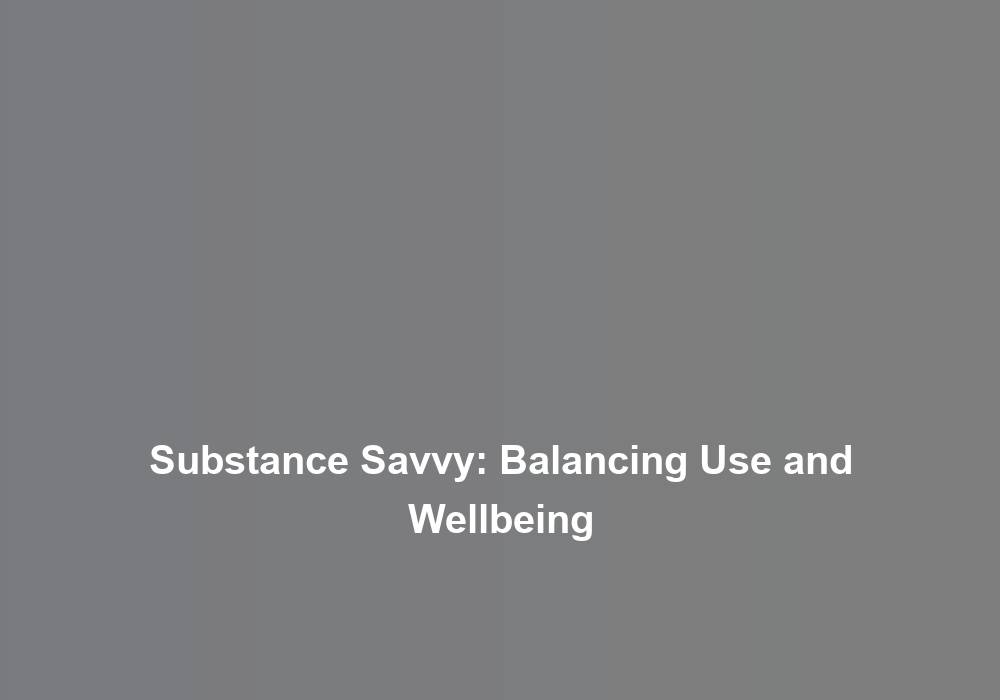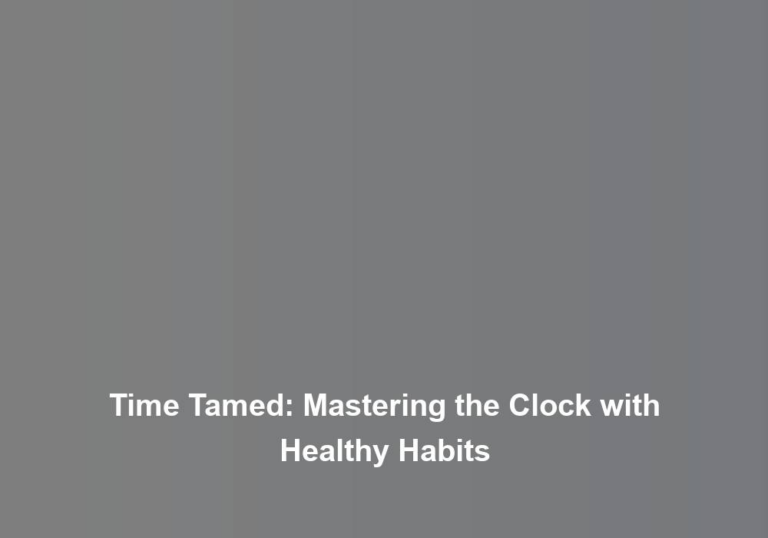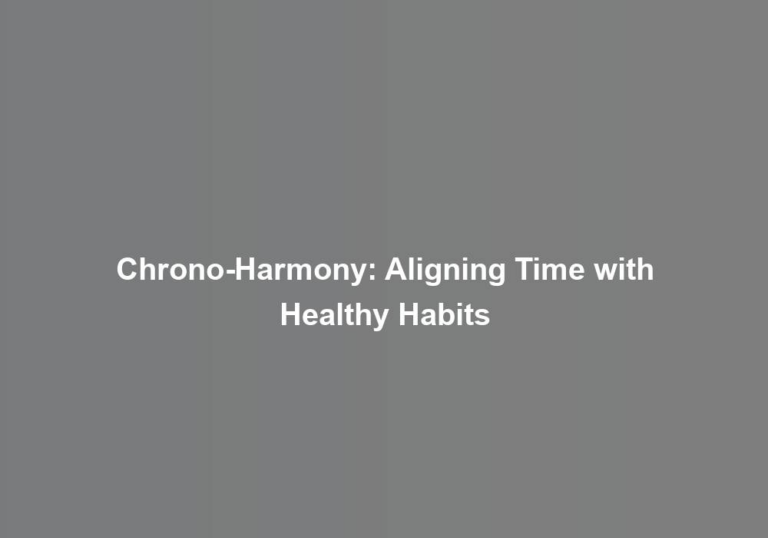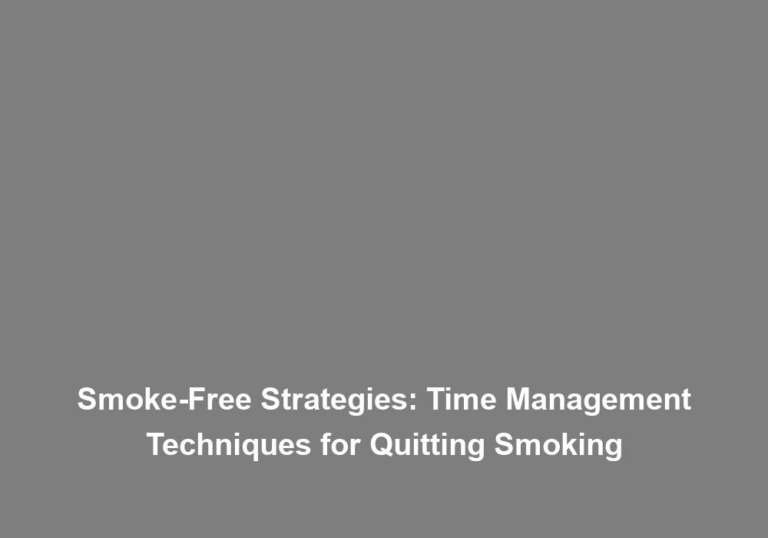Substance Savvy: Balancing Use and Wellbeing
When it comes to navigating the complex landscape of substance use, finding the right balance between indulgence and wellbeing can often feel like walking a tightrope. ItG??s a delicate dance of self-awareness, societal pressures, and personal choices that requires a thoughtful approach. How can you effectively manage your consumption while still prioritizing your mental and physical health? This discussion will explore practical strategies for maintaining a healthy relationship with substances, considering the impact on your overall wellbeing.
Understanding Substance Use
Understanding substance use begins with recognizing the impact it has on your physical and mental health. The cultural norms and social pressures surrounding substance use can make it challenging to navigate the potential risks of addiction. ItG??s important to acknowledge that these norms can influence your choices, but ultimately, you have the power to make decisions that prioritize your wellbeing.
In many cultures, there are deeply embedded norms around substance use, whether itG??s alcohol, tobacco, or other substances. These cultural norms can sometimes blur the lines between casual use and problematic consumption. You might feel the pressure to engage in these behaviors in order to fit in or feel accepted within your social circles. However, itG??s crucial to remember that your health and safety should always come first.
When it comes to addiction risks, itG??s essential to be mindful of how your substance use habits can potentially lead to dependency. While experimenting with substances might seem harmless within the context of cultural norms, itG??s important to recognize when these behaviors start to pose a risk to your overall wellbeing. The desire to belong and feel connected is a fundamental aspect of human nature, but itG??s equally important to find a sense of belonging in communities that prioritize health and positive choices.
Assessing Personal Wellbeing
Navigating the impact of substance use on your physical and mental health, itG??s crucial to assess your personal wellbeing and prioritize choices that support your overall health and safety. Taking the time for a self-care evaluation and a mental health check-in can help you understand how substance use may be affecting you. Start by reflecting on your daily habits and routines. Are you getting enough sleep, eating well, and engaging in activities that bring you joy? Consider how substance use fits into this picture. Are there times when it enhances your wellbeing, or does it often leave you feeling depleted or anxious?
When it comes to mental health, itG??s important to regularly check in with yourself. How are you feeling emotionally? Are there patterns or triggers that lead to increased substance use? Being mindful of your mental and emotional state can provide valuable insights into the role that substances play in your life. Additionally, connecting with trusted friends, family members, or mental health professionals can offer support and perspective as you evaluate your wellbeing.
Practicing Mindful Consumption
Consider incorporating mindfulness into your approach to substance consumption for a more intentional and aware experience. Practicing mindful consumption involves developing mindful habits and making intentional choices about what, when, and how much you consume. This approach can help you cultivate a healthier and more balanced relationship with substances, whether itG??s alcohol, caffeine, or prescription medication.
Mindful consumption starts with being present and aware of your thoughts, feelings, and bodily sensations before, during, and after consuming substances. Take the time to check in with yourself and ask why you are reaching for a particular substance. Are you using it to cope with stress, boredom, or social pressure? By understanding your motivations, you can make more intentional choices that align with your overall wellbeing.
Additionally, practicing mindful consumption means being attuned to the effects of substances on your body and mind. Notice how your body reacts to different substances, how they impact your mood and energy levels, and whether they enhance or detract from your overall sense of wellbeing. By paying attention to these details, you can adjust your consumption habits accordingly, choosing substances that truly benefit you and avoiding those that have negative effects.
Incorporating mindful consumption into your life can lead to a more fulfilling and balanced relationship with substances. It empowers you to make conscious choices that support your overall wellbeing, fostering a sense of empowerment and control over your consumption habits.
Navigating Social and Cultural Influences
You can proactively engage with social and cultural influences to make informed decisions about substance use and prioritize your wellbeing. Social pressures and cultural norms can significantly impact your choices regarding substance use. Peer pressure, for instance, can be a strong influencer, often leading individuals to engage in behaviors they may not feel comfortable with. However, by understanding and recognizing these pressures, you can navigate them more effectively.
Cultural norms also play a crucial role in shaping attitudes towards substance use. In some cultures, alcohol consumption may be widely accepted and even encouraged, while in others, it may be heavily stigmatized. ItG??s essential to be aware of these cultural influences and how they may be affecting your own beliefs and behaviors. By understanding the cultural context, you can make choices that align with your values and goals.
When navigating social and cultural influences, itG??s important to seek out supportive communities that align with your values. Surrounding yourself with like-minded individuals can provide a sense of belonging without the pressure to conform to harmful behaviors. Engaging in open and honest conversations with friends and loved ones about your boundaries and priorities can also help reinforce your commitment to your wellbeing.
Ultimately, by staying attuned to social pressures and cultural norms, you can make conscious choices about substance use that honor your individual needs and beliefs.
Seeking Support for Balance
Seek out supportive networks and resources to help maintain a healthy balance in your approach to substance use and wellbeing. Building a strong support system is essential for navigating the complexities of substance use and maintaining overall wellbeing. Seek out friends, family members, or support groups who understand and respect your journey. Connecting with others who share similar experiences can provide a sense of belonging and understanding, reducing feelings of isolation. Additionally, consider seeking professional help from therapists, counselors, or support hotlines. These resources can offer guidance, validation, and coping strategies to help you maintain a balanced and healthy approach to substance use.
In addition to support systems, prioritize self-care techniques to promote overall wellbeing. Engage in activities that bring you joy and relaxation, such as practicing mindfulness, meditation, or engaging in hobbies. Taking care of your physical health through regular exercise, proper nutrition, and adequate sleep is also crucial for maintaining balance. Setting boundaries and learning to say no when necessary is an important aspect of self-care, as it allows you to prioritize your own needs and limits.
Conclusion
In finding a balance between substance use and wellbeing, remember to be substance savvy. Stay mindful of your consumption, assess your personal wellbeing, and seek support when needed. Navigating social and cultural influences can be challenging, but with a mindful approach, you can maintain balance. Remember, being substance savvy is the key to a happy and healthy life.







